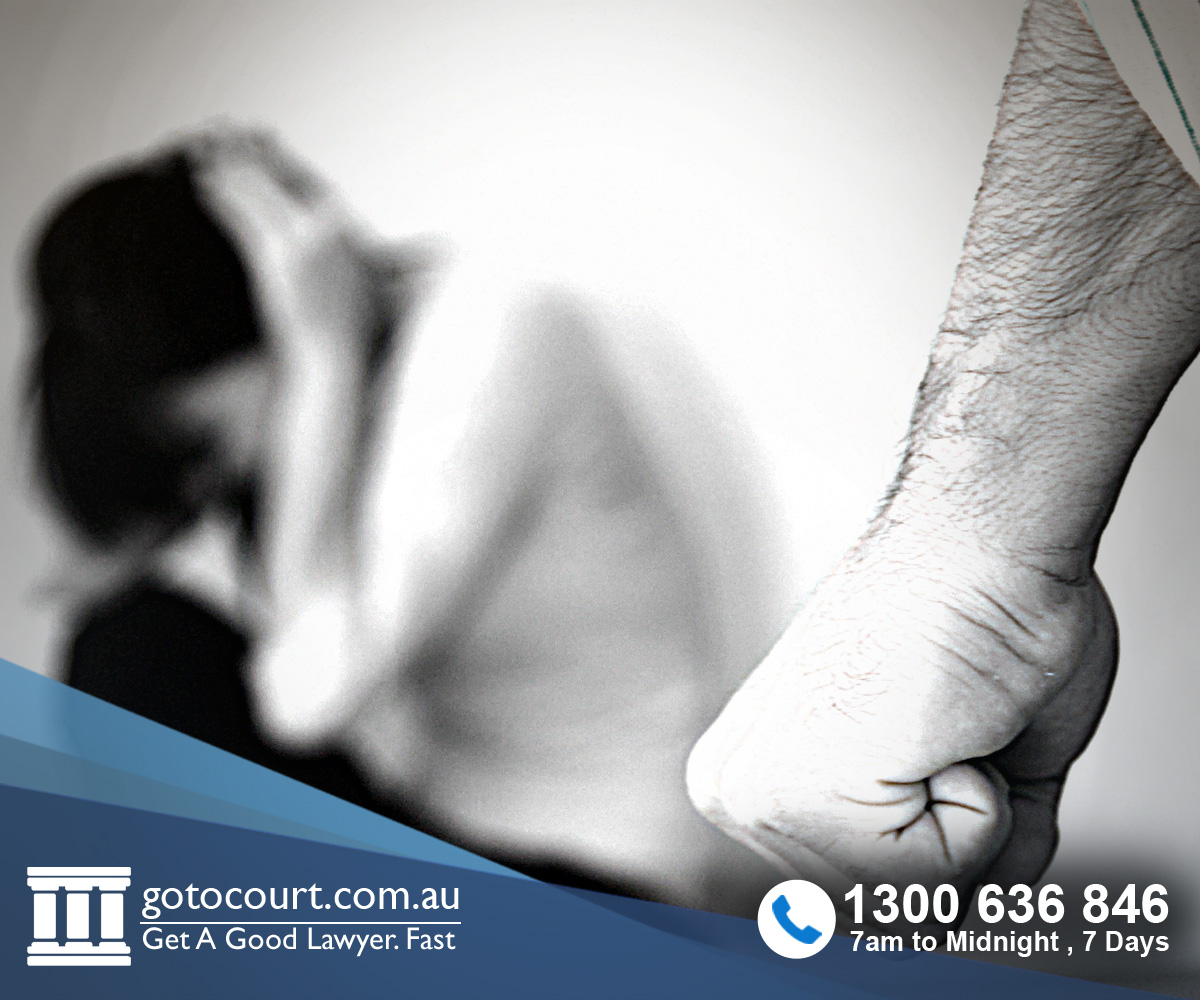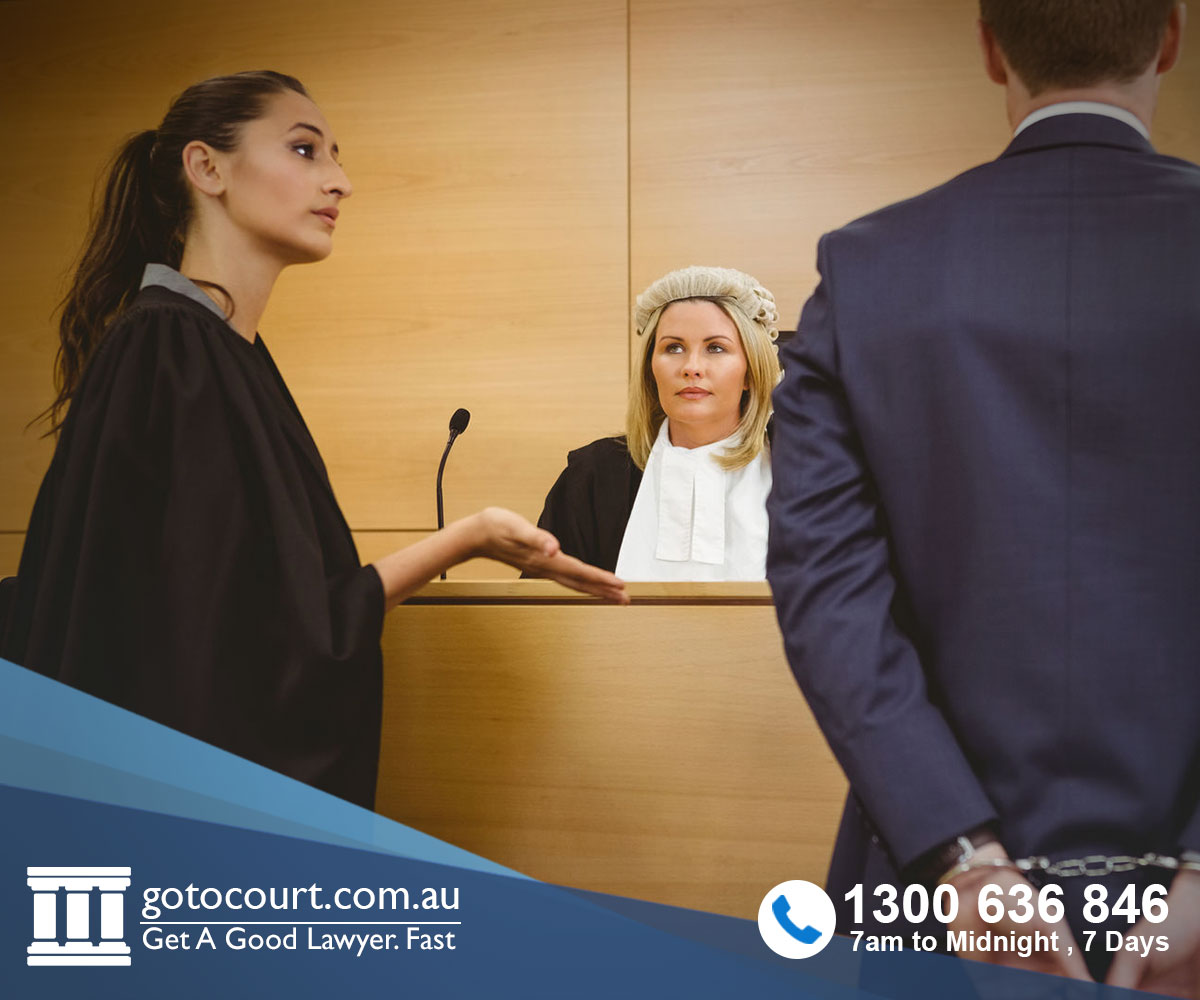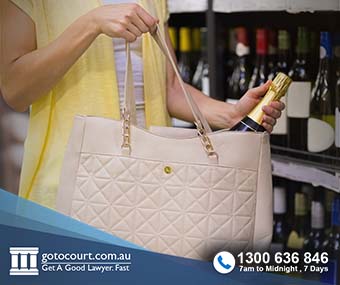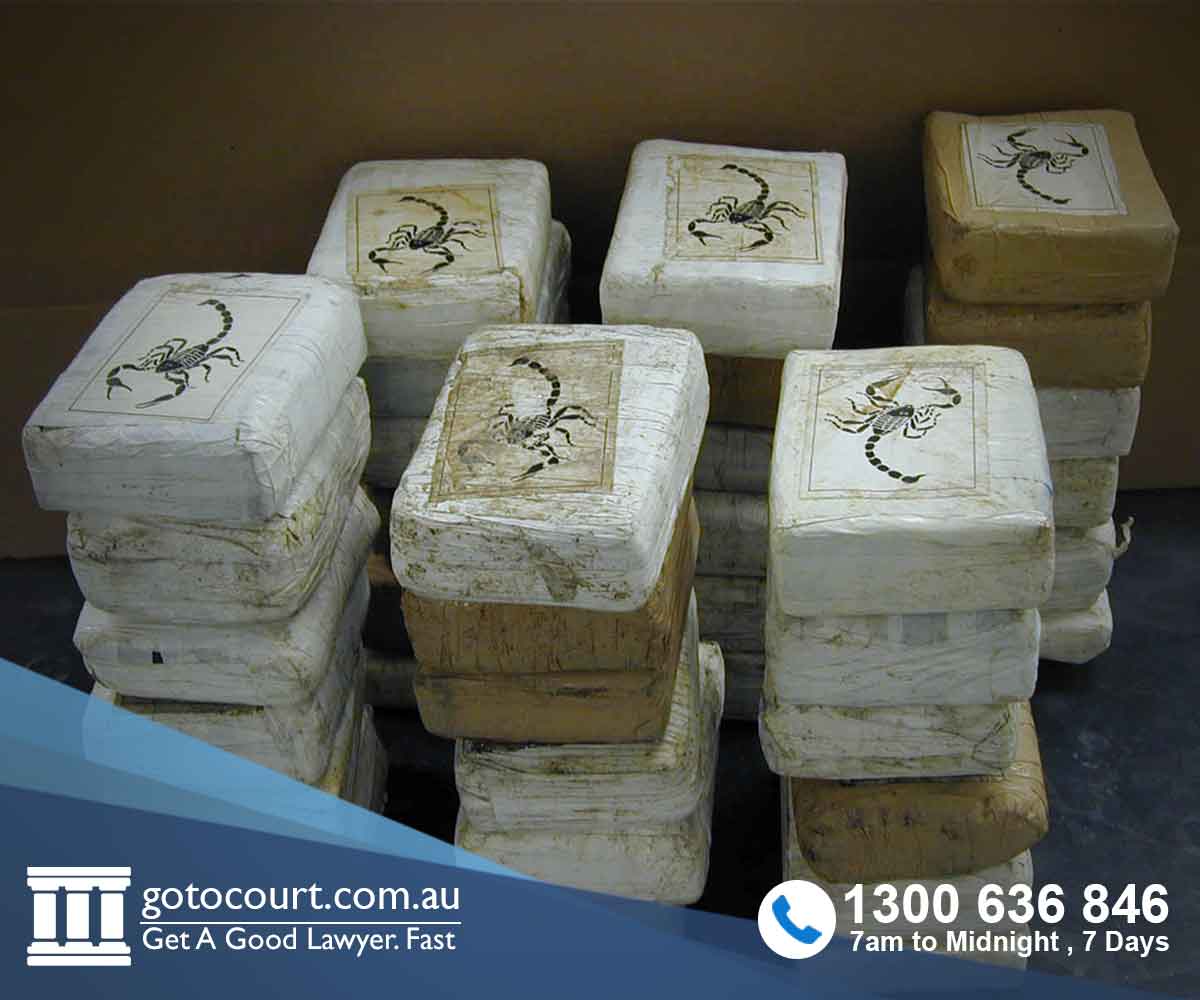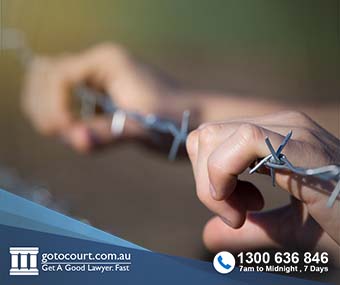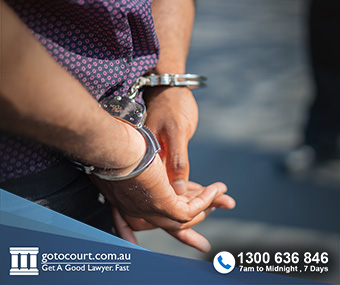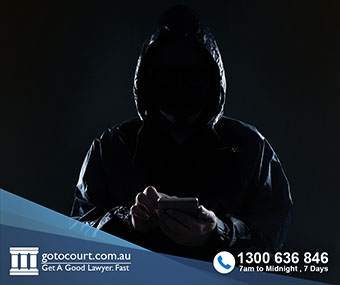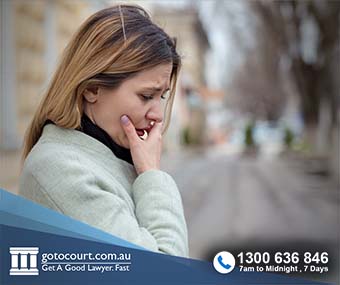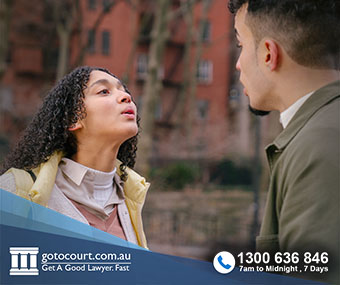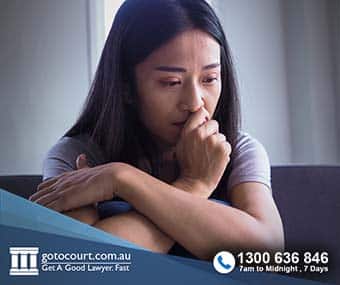Call our lawyers
now
or,
have our lawyers
call you
Serious Violent Offences (Qld)
Updated on Nov 08, 2022 • 4 min read • 525 views • Copy Link
Serious Violent Offences (Qld)
Serious violent offences in Queensland are dealt with under the provisions of Part 9A of the Penalties and Sentences Act 1992. Under these provisions, when an offender is convicted of a serious violent offence, the court must impose a sentence of imprisonment and the sentence must not allow for the offender’s release from prison before 80% of the term of imprisonment, or 15 years (whichever is lesser), has been served.
Why does Queensland have these provisions?
The serious violent offences provisions were introduced in 1997 to provide a separate procedure within the existing legislation to punish offenders convicted of serious violent offences. The government said the new laws were being passed because of concern for community safety and in response to community outrage about violent crime. The Litigation Reform Commission, reporting on a review of the Penalties and Sentences Act, noted that media reports at the time gave the impression that the Courts were being “soft on crime.”
The Penalties and Sentences (Serious Violent Offences) Amendment Bill 1997 provided that serious violent offenders would serve a minimum of 80% of their term of imprisonment before they could apply for parole or any other form of release from prison, such as home detention or leave of absence.
What do the provisions mean?
Since the new provisions were introduced, a person is automatically deemed to have been convicted of a serious violent offence if:
- They are convicted of an offence listed in Schedule 1 of the Penalties and Sentences Act; and
- They are sentenced to 10 years imprisonment or more for that offence.
In this situation, the sentencing court must make a declaration that the conviction is a conviction of a serious violent offence as part of the sentence.
Section 161B of the Act also provides that a sentencing court may declare an offence to be a serious violent offence if:
- A person is convicted of a relevant offence; and
- The person is sentenced to a period of more than 5 but less than 10 years imprisonment.
In this situation, the sentencing judge has a wide discretion as to whether to make a serious violence offence declaration. The judge must consider whether making such an order will result in a significant aggravating effect on the offender’s sentence.
What offences are serious violent offences?
A wide range of violent and sex offences are listed in Schedule 1 of the Penalties and Sentences Act. These offences include:
- Riot;
- Carnal knowledge with or of children under 16;
- Incest;
- Maintaining a sexual relationship with a child;
- Attempt to murder
- Conspiring to murder;
- Grievous bodily harm;
- Torture;
- Wounding;
- Dangerous operation of a vehicle:
- Assaults occasioning bodily harm;
- Serious assaults;
- Rape;
- Sexual assaults;
- Kidnapping;
- Robbery;
A sentencing court may also declare an offence to be a serious violence offence if the offence:
- Involved the use of serious violence against another person; or
- Resulted in serious harm to another person; and
- The offender was sentenced to a period of imprisonment.
If the relevant offence involved violence to or the death of a child under the age of 12 years, the child’s age must be treated as an aggravating factor by the sentencing court when deciding whether to declare the offence to be a serious violent offence.
Sentencing for serious violent offences
When sentencing a person for a serious violent offence, courts are guided by general sentencing principles, such as deterrence, the rehabilitation of the offender and the protection of the community. The fact that an offence was serious and included violence is not enough on its own for the sentencing court to make a serious violence offence declaration. A court should not make such a declaration unless the total sentence that will result is consistent with the relevant sentencing principles. When exercising its discretion to make a declaration, a court must consider the circumstances of the offence and give reasons as to why a serious violent offence declaration is warranted.
If you require legal advice or representation in any legal matter, please contact Go To Court Lawyers.


Affordable Lawyers
Our Go To Court Lawyers will assist you in all areas of law. We specialise in providing legal advice urgently – at the time when you need it most. If you need a lawyer right now, today, we can help you – no matter where you are in Australia.How It Works








1. You speak directly to a lawyer
When you call the Go To Court Legal Hotline, you will be connected directly to a lawyer, every time.


2. Get your legal situation assessed
We determine the best way forward in your legal matter, free of charge. If you want to go ahead and book a face-to-face appointment, we will connect you with a specialist in your local area.


3. We arrange everything as needed
If you want to go ahead and book a fact-to-face appointment, we will connect you with a specialist in your local area no matter where you are and even at very short notice.


